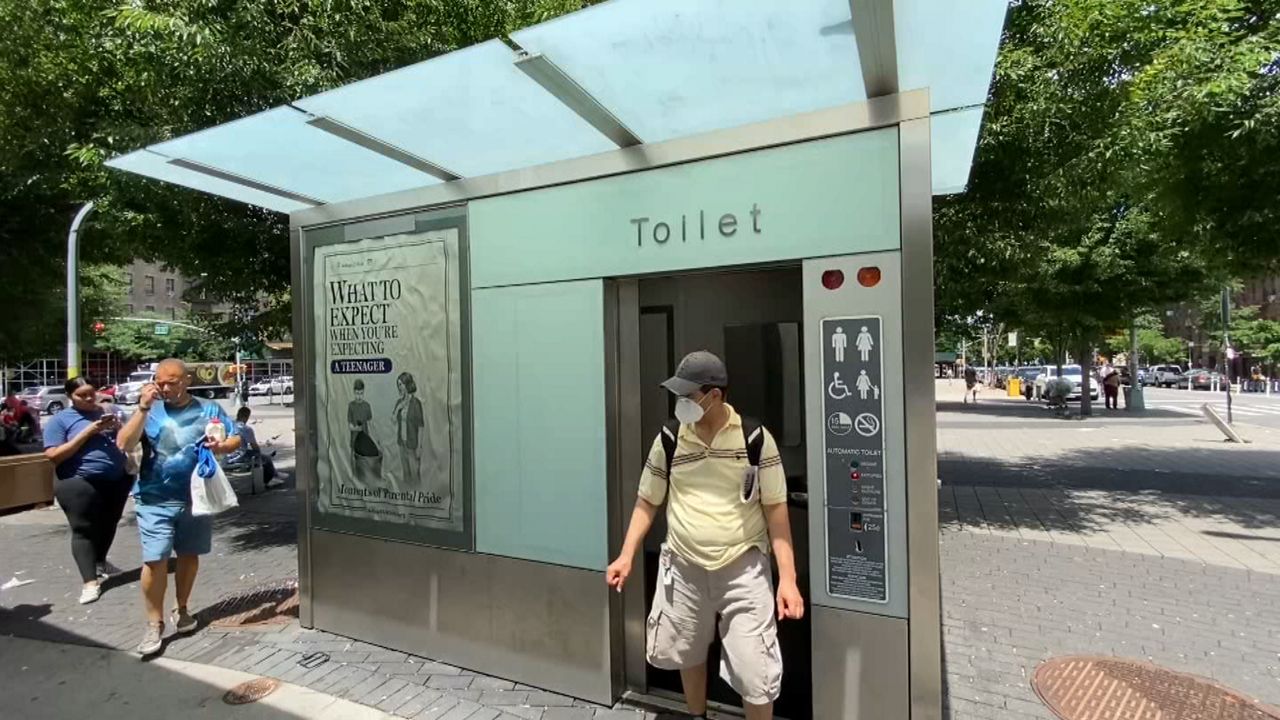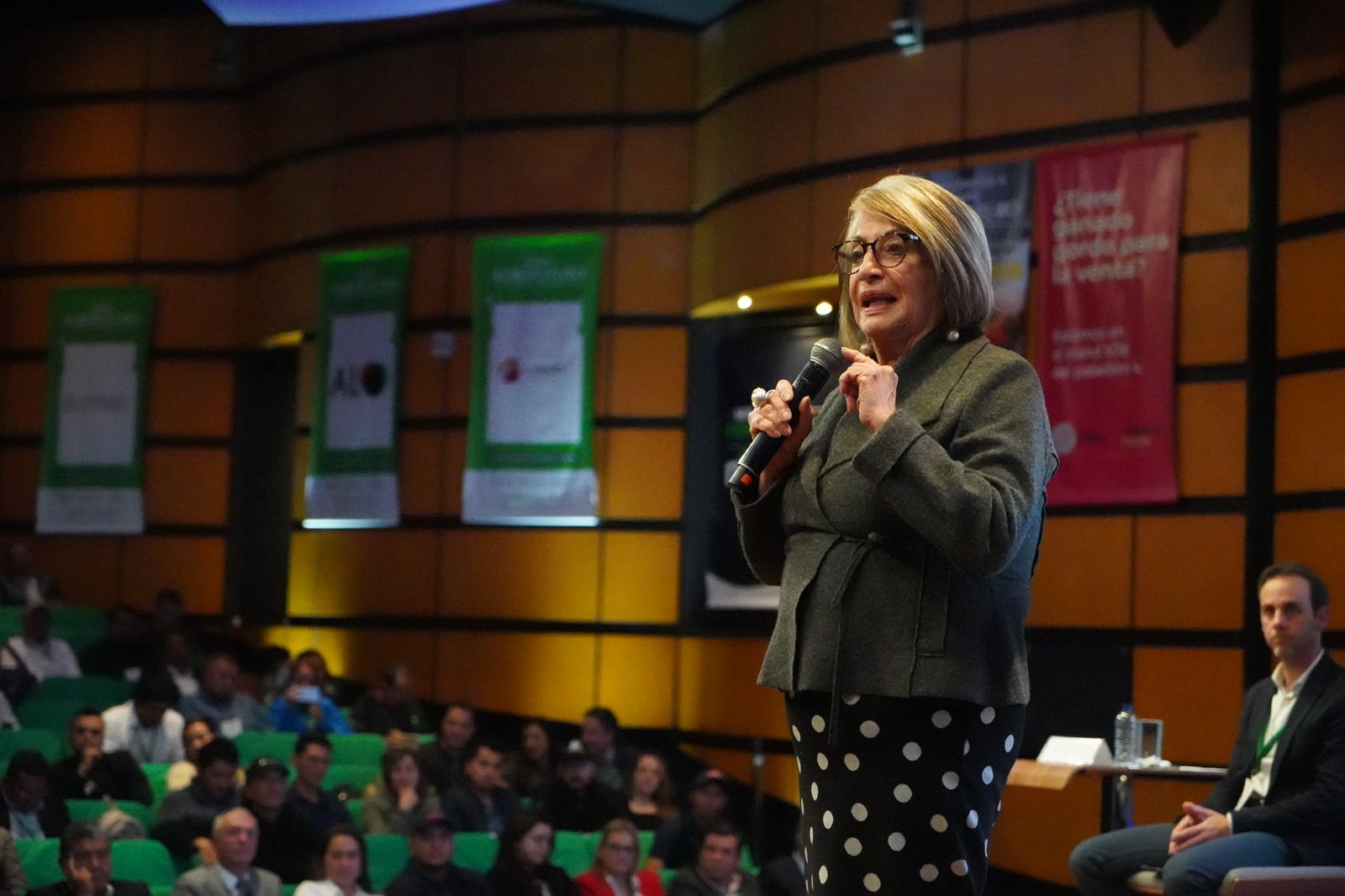The city of New York, known for its lack of public toilets for its citizens and tourists, will have to install toilets in all the postal districts of the city, which total 1,201, starting with the identification of the optimal places for their installation.
The city council passed a law that orders the mayor’s office to begin by identifying which locations in each postal district (so-called “postal codes”) would be needed to install these urinals and deliver that map by June 2023.
Most of the public toilets are currently located in parks, where it is common to see long lines of users, locals or tourists, waiting for their turn to do the toilet, and there are many areas of the city without parks or public toilets .
Currently, it is estimated that there are 1,400 public urinals in the city, at the rate of one for every 6,000 inhabitants, but very unevenly distributed, and many people use the train or bus stations.
Others go to cafes or restaurants, and in busier areas it is not uncommon to see signs saying “No public toilets” (there are no public toilets here) to discourage non-customers.
Current Manhattan borough president and former city councilor Mark Levine, who was one of the proponents of the toilet bill at the time, welcomed the passage of the legislation.
“We can’t take it anymore! Today, city council approved bill INT. 258, BP Mark Levine and CM Joseph aimed at combating the notorious lack of public restrooms in New York City,” Levine wrote in a statement. . networks.
“New York City ranks 93 among the 100 largest cities in the United States for public restrooms per capita,” the message continues.
We can no longer hold him back! Today the City Council approved the Int. 258, BP Mark Levine and CM Joseph’s bill aimed at combating the notorious lack of public restrooms in New York City. New York City ranks 93 among the 100 largest cities in the United States for public restrooms per capita. pic.twitter.com/QmBADRJaN4
– Manhattan Borough President Mark D. Levine (@MBPMarkLevine) October 27, 2022
Councilor Rita Joseph said in a recent protest that the lack of public toilets is more than just a drawback – it’s a matter of fairness, hygiene and even human rights.


